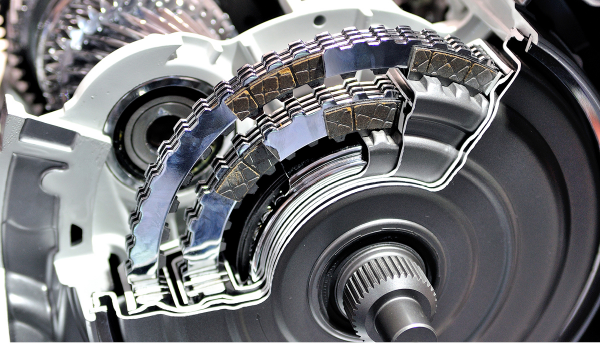
GKN Driveline has equipped 2014 Range Rover Evoque with its ‘Active Driveline’, according to company’s press release. The 2014 Range Rover Evoque includes a unique disconnect all-wheel drive system, designed to improve fuel efficiency while retaining outstanding off-road performance with dynamic agility and enhanced traction, states the release. Besides Active Driveline, GKN Driveline also supplies the all-wheel drive system for the 2014 Range Rover Evoque Standard Driveline. Power transfer units and Rear Drive Modules for both variants are produced at supplier’s facility in Sweden and front sideshafts and propshafts are supplied out of Birmingham, UK manufacturing unit.
The GKN All-Wheel Drive System includes a GKN power transfer unit (PTU), linked to the transmission’s final drive differential, containing a synchronizer and brake which help in disconnecting the all-wheel drive system upstream of the PTU hypoid gears.
Significance: The GKN All-Wheel Drive System automatically disconnects the main rotating driveline components to reduce losses. Traction and driving stability are optimised by the Active Torque Biasing feature offering advanced control on the distribution of the torque between the front and rear wheels. The co-development of the Active Driveline has achieved a significant reduction in driveline spin loss, which in turn contributes to the 2014 Range Rover Evoque’s overall fuel consumption reduction of up to 11.4% (depending on model). At the rear of the system the GKN Twinster® rear drive module (RDM) drives each rear wheel via an independent wet multi-plate clutch. These clutches can disconnect the all-wheel drive system downstream of the RDM hypoid gears. The GKN PTU synchronizer and GKN Twinster® are controlled by a dedicated driveline control unit designed to monitor vehicle dynamics, disconnecting during steady-state driving speeds above 22mph and automatically reconnecting (within 300 milliseconds) when required.
In addition to the disconnect function the GKN Twinster® also acts as an electronic differential combining drive vectoring and limited slip differential technology for active torque biasing.








